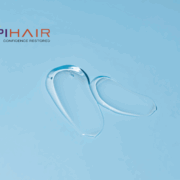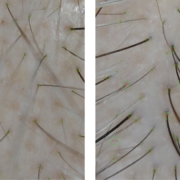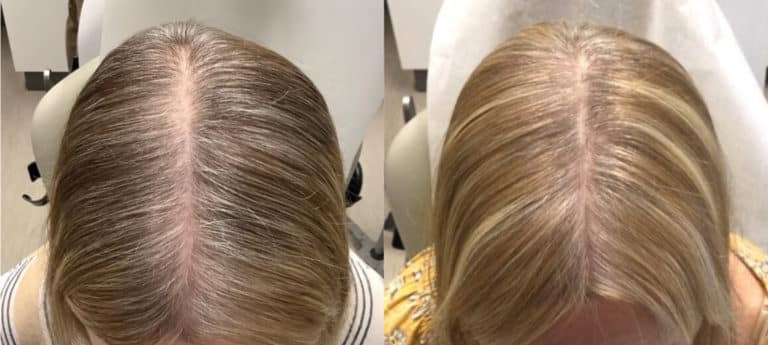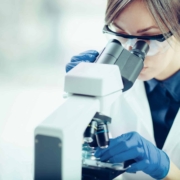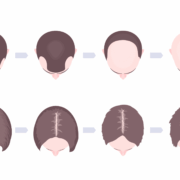Peptide Therapy for Alopecia: Promising Solutions for Hair Regrowth
Peptide Therapy For Alopecia
At HPIHair in Nashville, we offer personalized, physician-supported solutions rooted in science to help you address the underlying causes of hair loss. Our team of trichologists and hair loss specialists work with you to develop a clinically-based, individualized treatment plan tailored to your unique needs, whether you’re in the early stages of hair loss or seeking full restoration. With over 30 years of success in helping people regrow their hair, it’s no wonder that physicians trust us with their patients’ care. One promising option we offer is peptide therapy, a rapidly developing field that uses specific peptidesshort chains of amino acidsto potentially influence biological processes like tissue repair, immune function, and overall wellness. Though peptide therapy shows promise in supporting hair regrowth, individual results can vary, so it’s essential to consult with healthcare professionals to determine how this treatment may align with your personal health goals. Experience the power of hair science for yourselfget started on your journey today.
Peptide Therapy for Alopecia
Peptide therapy is a cutting-edge treatment approach that harnesses the power of specific peptides, which are essentially the building blocks of proteins, to target and influence various biological processes. Here’s a comprehensive look at the potential pros and cons associated with peptide therapy for alopecia:
Pros of Peptide Therapy for Alopecia
1. Stimulates Hair Growth: Peptides have been found to stimulate hair follicles, promoting hair growth and potentially leading to fuller, thicker hair over time.
2. Boosts Collagen Production: Certain peptides used in therapy can enhance collagen production, which strengthens hair follicles and improves overall hair health.
3. Improves Scalp Health: Peptide therapy can contribute to a healthier scalp environment by reducing inflammation and supporting better circulation, creating a more conducive environment for hair growth.
Cons of Peptide Therapy for Alopecia
1. Individual Variability: Results from peptide therapy can vary from person to person, depending on factors such as the underlying cause of alopecia and individual response to the treatment.
2. Cost Consideration: While peptide therapy offers promising potential, it’s essential to consider the associated costs and coverage by insurance, if applicable.
3. Treatment Duration: Achieving optimal results with peptide therapy typically requires a consistent and long-term approach, which may require ongoing commitment and patience.
Consult with Our Experts to Learn More
When considering peptide therapy for alopecia, it’s crucial to seek guidance from experienced professionals who can assess your individual needs and provide personalized recommendations. Our team at HPIHair is dedicated to helping you understand the potential benefits and considerations associated with peptide therapy, empowering you to make informed decisions about your hair restoration journey.
Schedule Your Appointment Today
We invite you to take the first step towards discovering the transformative possibilities of peptide therapy for alopecia. Schedule a consultation with our team today and embark on a path empowered by cutting-edge science and personalized care.



